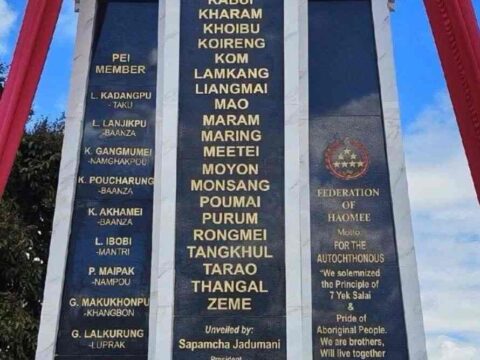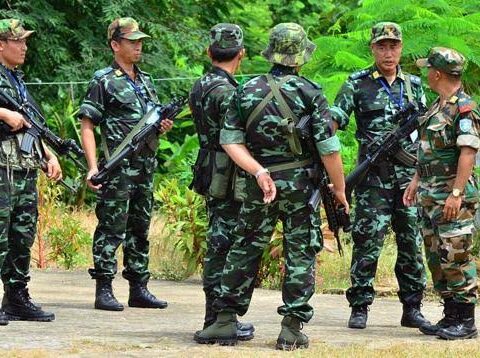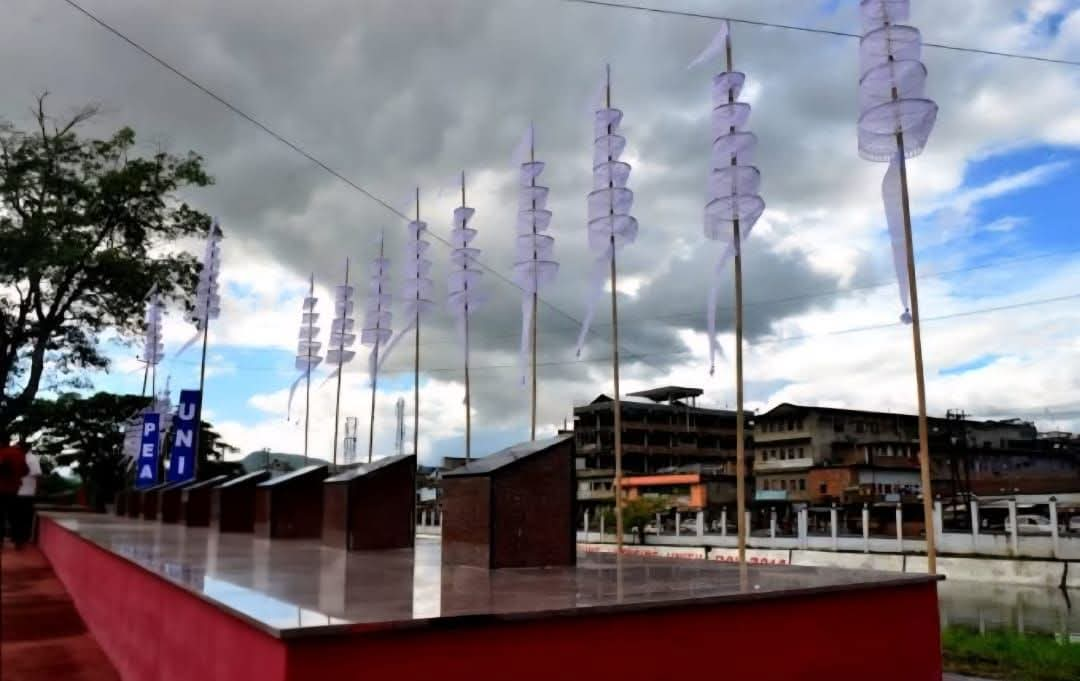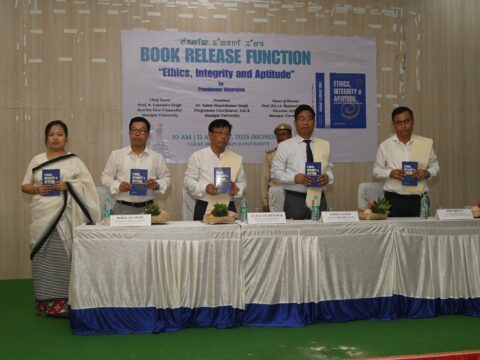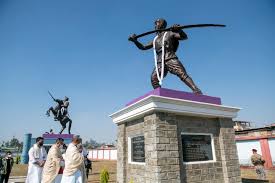New Delhi | March 1, 2025
Northeast Diary
The Kuki Alliance for Nampi Awakening Movement (KANAM) has strongly condemned the recent security review chaired by Union Home Minister Amit Shah, calling it a “blatant attempt to whitewash” alleged atrocities committed by the Meitei-controlled Manipur government and its armed extremist groups.
In a scathing statement, KANAM accused the Indian government of selectively posturing while shielding those responsible for the violence against the Kuki-Zo community. The group claims that for over 20 months, Kuki-Zo people have endured violent attacks by state-backed mobs, yet no substantial action has been taken against the perpetrators.
Allegations of Political Cover-Up in Drug Trade KANAM further questioned the Indian government’s sincerity in tackling the drug trade in Manipur. The organization alleged that Chief Minister N. Biren Singh and his associates are deeply involved in the illicit trade, yet they remain untouched. Instead, KANAM argues, marginalized tribal communities suffer under what it describes as oppressive law enforcement policies.
“If the government were truly committed to eradicating drugs, it would start by arresting and prosecuting the real masterminds, rather than using the anti-drug narrative as an excuse to harass and target Kuki-Zo people,” the statement read.
Concerns Over “Free Movement” and Continued Violence KANAM also criticized the government’s push to ensure “free movement” in Manipur, questioning whether this would only enable further violence against the Kuki-Zo people.
The statement alleged that mobs responsible for burning homes, looting, and committing atrocities against Kuki women continue to operate with impunity, while law enforcement stands by. “The highways of Manipur cannot be ‘opened’ to those who continue to threaten, attack, and kill our people,” KANAM asserted, demanding the immediate disbandment and punishment of extremist groups such as Arambai Tenggol, Meitei Leepun, and other violent factions.
Border Fencing Sparks Controversy KANAM also took issue with the Indian government’s decision to fence international borders in the region without consulting indigenous communities such as the Kuki, Mizo, and Naga groups. The organization claims this move violates both Indian constitutional protections and international laws regarding indigenous rights.
Quoting Articles 371A, 371C, and 371G of the Indian Constitution, as well as the United Nations Declaration on the Rights of Indigenous Peoples (UNDRIP), KANAM argued that the fencing initiative is not about national security but rather an attempt to sever the Kuki-Zo people from their historical and cultural ties.
Call for Justice and Resistance KANAM stated that the Kuki-Zo people have suffered ethnic cleansing, displacement, and systematic persecution for over a year and a half. The organization warned that there would be no reopening of highways, no forced peace, and no submission until justice is delivered.
“If the Indian government truly wants peace, it must begin by arresting those responsible for ethnic violence, dismantling extremist militias, and prosecuting those in the Manipur government who enabled this bloodshed,” the statement declared.
Until these demands are met, KANAM vowed that the Kuki-Zo people would continue to resist and fight for their rights.

